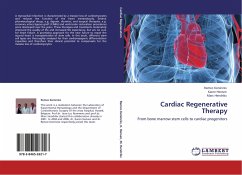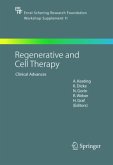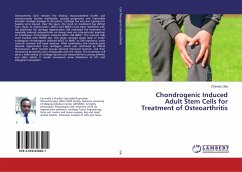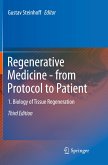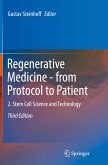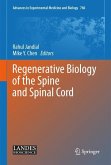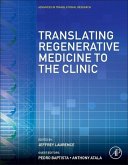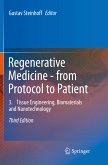A myocardial infarction is characterized by a massive loss of cardiomyocytes and reduces the function of the heart tremendously. Several pharmacological drugs, e.g. digoxin, diuretics, and surgical therapies, e.g. coronary artery bypass graft (CABG) and ventricular restoration procedures were developed over the years. These therapies and treatments moderately improved the quality of life and increased life expectancy, but are no cure for heart failure. A promising approach for the near future to repair the injured heart is transplantation of stem cells. In this book, different stem cell types are thoroughly analysed for their cardiomyogenic differentiation capacities and therefore their clinical potential to compensate for the massive loss of cardiomyocytes.

